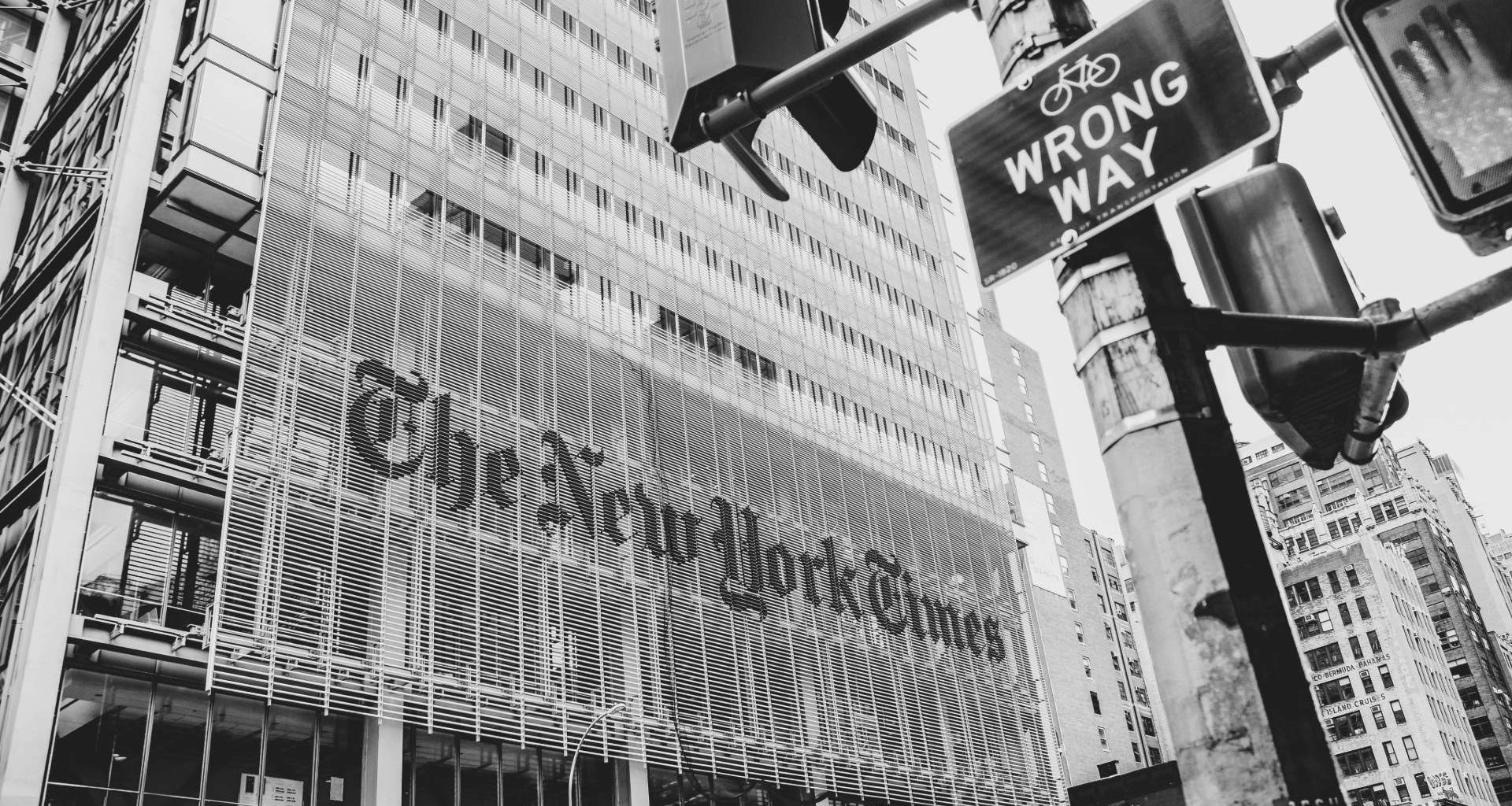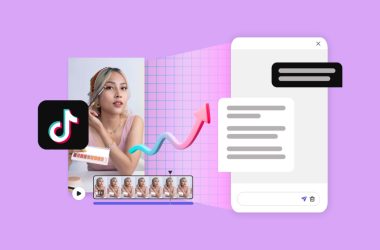The New York Times has filed a lawsuit against OpenAI and its investor and collaborator, Microsoft, alleging copyright violations related to the training of generative AI models on the content of The Times. The lawsuit, filed in the Federal District Court in Manhattan, asserts that millions of articles from The Times were used without consent to train AI models, including those powering OpenAI’s ChatGPT and Microsoft’s Copilot.
The Times contends that OpenAI and Microsoft must “destroy” models and training data incorporating the contested material. Additionally, they seek accountability for “billions of dollars in statutory and actual damages” for what they consider the “unlawful copying and use of The Times’s uniquely valuable works.” The crux of The Times’ argument revolves around protecting independent journalism, emphasizing that if news organizations can’t safeguard their content, there will be a societal cost with less journalism produced.
Generative AI models, such as those used by OpenAI and Microsoft, learn from vast datasets, including web-scraped content. The dispute arises from whether such web-scraping practices fall under the fair use doctrine or infringe on copyright holders’ rights. Many news organizations are employing code to prevent entities like OpenAI and Google from scanning their websites for training data.
Unlike previous lawsuits, The Times is not just concerned with alleged IP violations but is one of the first to underscore potential brand damage caused by “hallucinations” or inaccuracies generated by AI models. The complaint cites instances where Microsoft’s Bing Chat (Copilot) provided incorrect information attributed to The Times, raising concerns about the quality and reliability of AI-generated content.
The Times argues that OpenAI and Microsoft are effectively creating news publisher competitors by using The Times’ content, potentially harming its business by providing subscription-worthy information without proper citation, sometimes leading to monetization without due compensation.
The lawsuit suggests that the unauthorized use of content harms The Times’ business by substituting its offerings and luring audiences away. The fear is that generative AI models, by reproducing content and information, might lead to a decline in news subscription business and publisher web traffic.
Photo: Unsplash









